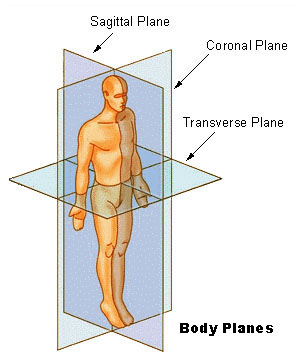
Biomedical engineers at the Rensselaer Polytechnic Institute have created an implantable sensor that can be placed in the site of recent orthopaedic surgery to transfer data about how the body is healing. The sensor could provide a more accurate, cost effective and less invasive way to monitor and diagnose the body post-surgery.
The current way of monitoring a patient’s recovery after an orthopaedic procedure relies on X-rays and MRIs. These new sensors could give surgeons detailed, real-time information from the actual surgery site, which could help to better understand potential complications.

Image via Wikipedia
JOINT REPLACEMENT SURGERY
Joint replacement is one of the most common and successful operations in modern orthopaedic surgery. It consists of replacing painful, arthritic, worn or diseased parts of the joint with artificial surfaces shaped in such a way as to allow joint movement.
Arthroplasty is a common but loose term for joint replacement. Other types of surgery are also arthroplasties. Other common and valid synonyms are total joint replacement, total joint arthroplasty, joint resurfacing and artificial joint surgery.
Technique
This is a preview of SHORT NOTES ON JOINT REPLACEMENT SURGERY-BIOMECHANICS NOTES.
Read the full post (831 words, 2 images, estimated 3:19 mins reading time)


